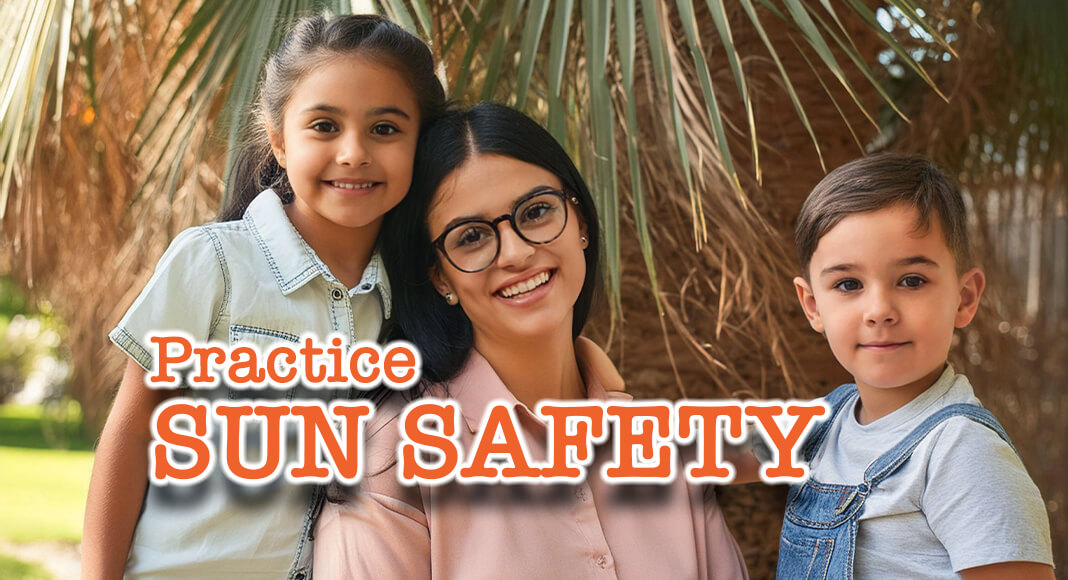
Mega Doctor News
| KEY POINTS |
| Making sun protection an everyday habit will help lower your skin cancer risk. |
| Avoid artificial sources of UV exposure like tanning beds and sunlamps. |
Overview
Most skin cancers are caused by too much exposure to ultraviolet (UV) rays. UV rays come from the sun, tanning beds, and sunlamps. UV rays can damage skin cells.
To lower your risk of getting skin cancer, you can protect your skin from UV rays from the sun, and avoid artificial sources of UV exposure like tanning beds and sunlamps.
Practice sun safety
Protection from UV rays is important all year, not just during the summer. UV rays can reach you on cloudy and cool days, and they reflect off of surfaces like water, cement, sand, and snow. In the continental United States, UV rays are strongest from 10 a.m. to 4 p.m. daylight saving time (9 a.m. to 3 p.m. standard time).
The UV Index forecasts the strength of UV rays each day. If the UV index is 3 or higher in your area, protect your skin from too much exposure to the sun. CDC recommends several ways to protect your skin when the UV index is 3 or higher:
- Stay in the shade.
- Wear clothing that covers your arms and legs.
- Wear a hat with a wide brim to shade your face, head, ears, and neck.
- Wear sunglasses that wrap around and block both UVA and UVB rays.
- Use a broad-spectrum sunscreen with a sun protection factor (SPF) of 15 or higher.
Avoid indoor tanning
Indoor tanning (using a tanning bed, booth, sunbed, or sunlamp to darken the skin) exposes users to high levels of UV rays. Over time, too much exposure to UV rays can cause skin cancers, cataracts, and cancers of the eye.
A tan does not indicate good health. When UV rays reach the skin’s inner layer, the skin makes more melanin. Melanin is the pigment that gives skin its color. It moves toward the outer layers of the skin and becomes visible as a tan. Any change in skin color after UV exposure (whether it is a tan or a burn) is a sign of injury, not health.
Indoor tanning:
- Exposes users to intense levels of UV rays, a known cause of cancer.
- Does not protect against sunburns. A “base tan” is actually a sign of skin damage.
- Can lead to serious injury. Indoor tanning accidents and burns send more than 3,000 people to the emergency room each year.
Information Source: CDC









